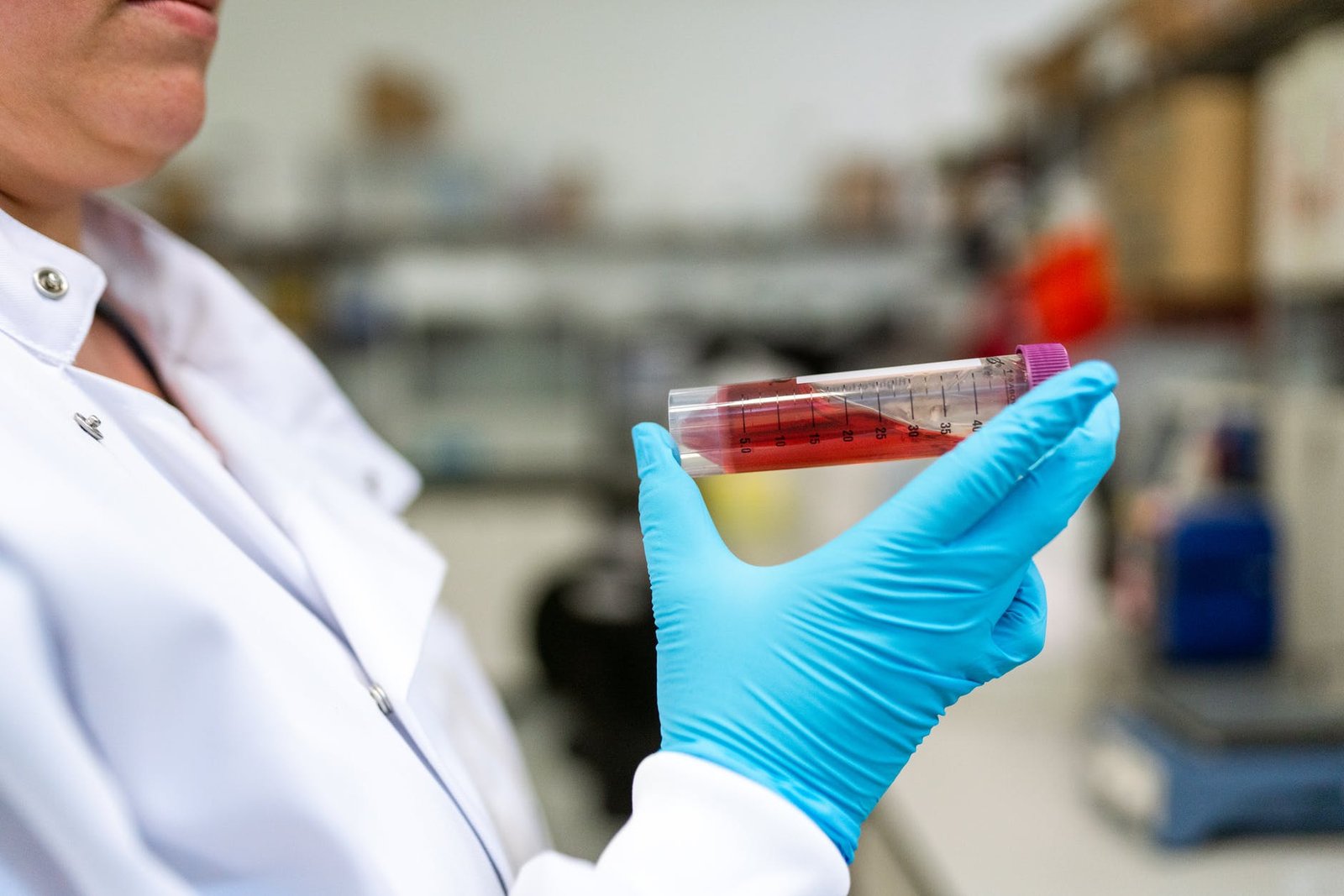
Photo credit: Pexels
The outbreak of coronavirus disease 2019 (COVID-19) caused by severe acute respiratory syndrome coronavirus 2 (SARS-CoV-2) has posed great threat to human health. T cells play a critical role in antiviral immunity but their numbers and functional state in COVID-19 patients remain largely unclear.
A collaboration of researchers from Chongqing and Wuhan in China has retrospectively reviewed the counts of T cells and serum cytokine concentration from data of 522 patients with laboratory-confirmed COVID-19 and 40 healthy controls. In addition, the expression of T cell exhaustion markers was measured in 14 COVID-19 cases.
Department of Medical Laboratory Center, General Hospital of Central Theater Command, Wuhan, China has extensively involved with other medical research, science and technology centres in Chongqing and Wuhan and published a paper recently in the journal of 'frontiers in Immunology'.
As per teams study results, the number of total T cells, CD4+ and CD8+ T cells were dramatically reduced in COVID-19 patients, especially in patients requiring Intensive Care Unit (ICU) care. Counts of total T cells, CD8+ T cells or CD4+ T cells lower than 800, 300, or 400/μL, respectively, were negatively correlated with patient survival. T cell numbers were negatively correlated to serum IL-6, IL-10, and TNF-α concentration, with patients in the disease resolution period showing reduced IL-6, IL-10, and TNF-α concentrations and restored T cell counts. T cells from COVID-19 patients had significantly higher levels of the exhausted marker PD-1. Increasing PD-1 and Tim-3 expression on T cells was seen as patients progressed from prodromal to overtly symptomatic stages.
T cell counts are reduced significantly in COVID-19 patients, and the surviving T cells appear functionally exhausted. Non-ICU patients with total T cells counts lower than 800/μL may still require urgent intervention, even in the immediate absence of more severe symptoms due to a high risk for further deterioration in condition.




